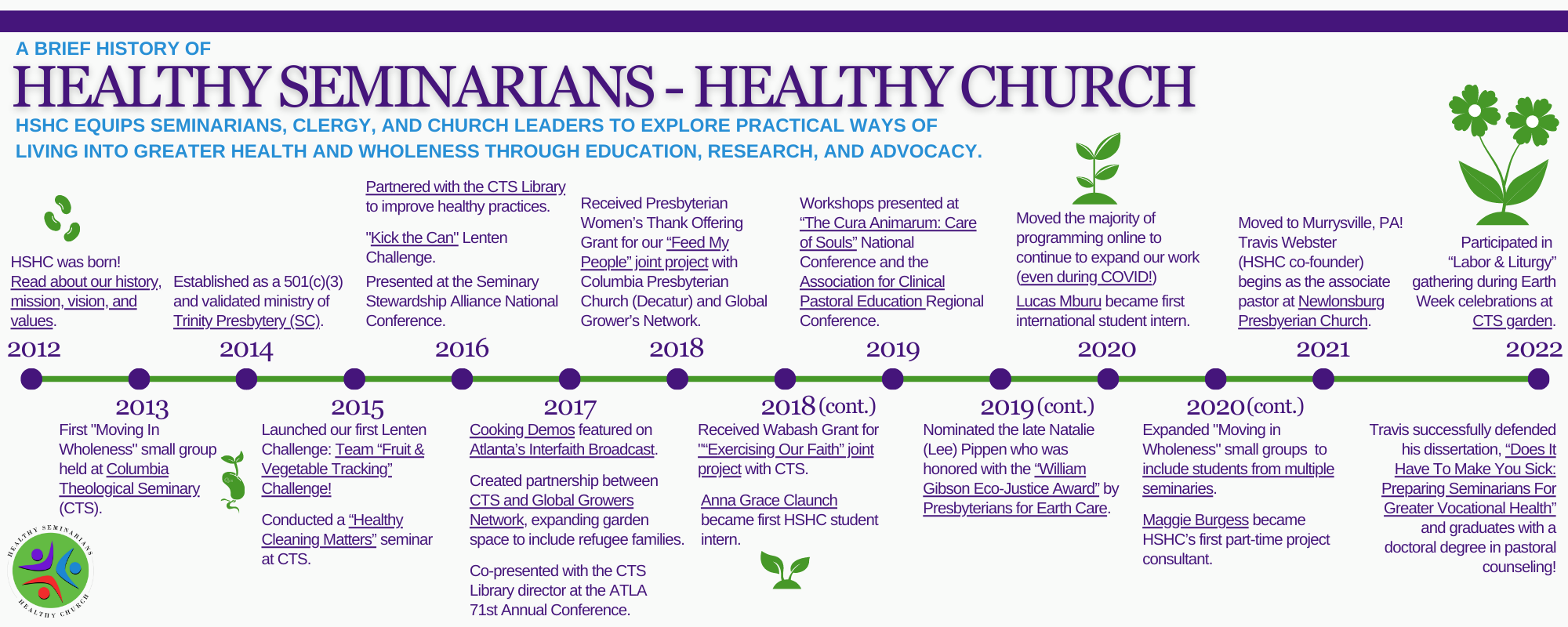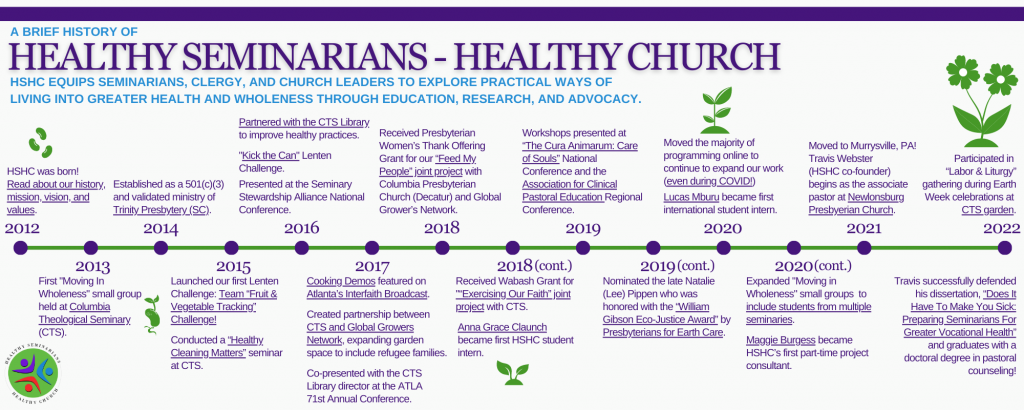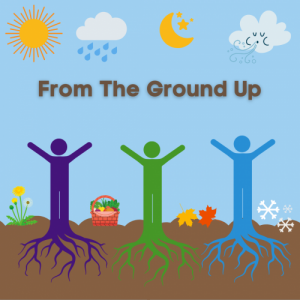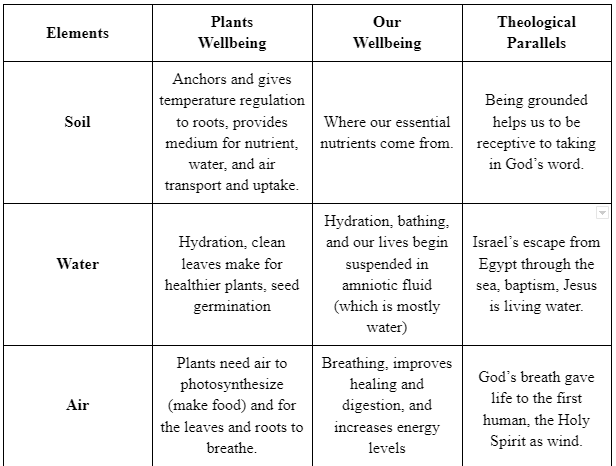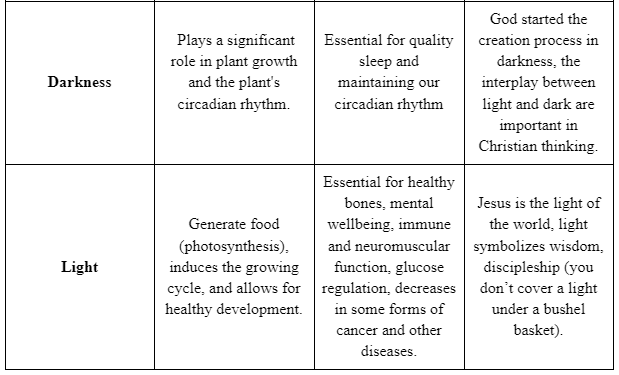A Good Argument
Travis and I will never forget the June night back in 2012 when we went for a walk in Winnona Park (the neighborhood around Columbia Theological Seminary in Decatur, GA). We were there because I was participating in two of my first Doctor of Ministry classes and Travis decided to take some study leave and join me on campus, since he was completely immersed in full-time ministry and felt that this would be an excellent opportunity to rest and reflect.
What started out as a normal conversation while walking quickly became heated, just like the night air (good ol’ summertime in the South!).
“So, Karen, I think I finally do want to apply for the Th.D. in Pastoral Counseling program here.”
This was something that Travis had been talking about since the day we graduated from Princeton Theological Seminary (Princeton, NJ) with our M.Div. degrees in 2004 (Karen’s recollection), so this wasn’t a shock. The difference was that, this time I, Karen, realized he really meant it.
“Ok, so if we move here to Decatur, what am I supposed to do? I want somehow to use the gifts that God has given me – a degree in exercise physiology, ordination as a Presbyterian pastor, certification as a Master Gardener in South Carolina, a love for both cooking and working with people of all ages, and a passion about wanting to improve the health and wellbeing of clergy because, from everything I have read and observed, they are struggling with their health, which not only impacts them personally, but also those whom they serve. Tell me, what kind of job would allow me to do all of that?” I was completely exasperated; if I were a cartoon character, I would have had steam rising off my head!
The conversation abruptly ended there that night, and we went to bed without any resolution.
When we woke up the next morning, Travis said, “Karen, I think I’ve figured out what we can do. It will be a lot of work, but I know we can do it…”
Travis shared his vision and, without even the slightest bit of hesitation, I knew that this was exactly what we were supposed to do. Never mind that we had zero experience starting a non-profit, zero experience in managing a “business,” zero organizations to look to as templates for the kind of ministry we were seeking to establish (to this day, as far as we know, we are the only organization that is seeking to improve the wellbeing of seminarians so that they can be healthier clergy, which will help to bring about greater health in our communities of faith and beyond!). On top of all this, when we shared our ideas with several people we trusted, they said that we were going to face HUGE challenges, so we definitely were going to have our work cut out for us. And, if that weren’t enough of a challenge, we felt called to do this at the same time Travis was beginning to apply for the doctoral program!
Fast forward 10 years… the work that we have undertaken has been anything but easy. There are days when we feel like we are taking two steps forward and then two steps backward, sometimes almost instantaneously. However, seeing the difference that we have made in the lives of seminarians, clergy, and church members makes it all worth it! Plus, it is because of the support and encouragement we have received from people like you that we have been able to learn, grow, and expand our ministry day by day, relationship by relationship.
Speaking of encouragement, when I (Karen) was sorting through some of my old emails as I was preparing the timeline for this newsletter, I came across some of the initial email correspondence we had with Steve Hayner, who was president of Columbia Theological Seminary the year HSHC was born. Here is an excerpt from what he wrote:
“It was both encouraging and exciting to read your report [which we submitted to him on 10/24/12] and to engage again with your vision. Helping to set seminarians on a physically healthy trajectory is as important as working with them intellectually, spiritually, and relationally… Again, Karen, let me commend you on your amazing vision and initiative. You’ve spotted a very real need and moved to meet it. We talk a lot around here about vision, values, and vocation—and about imagination and resilience. You are illustrating all of these traits.”
From the very first day we shared our vision with President Hayner, he was extremely supportive of our work and was also a real source of inspiration. When he was very sadly diagnosed with pancreatic cancer, news that devastated those both inside and beyond the seminary community, one of the things he made sure he accomplished before stepping down due to illness was to provide our organization with an on-campus mailbox and office space. We will never forget his generosity in providing us not only a physical space to meet with those in the Columbia Theological Seminary community, but also giving us what we needed to establish ourselves as a 501(c)(3) organization.
Again, looking back at that June night, who knew ten years later both that this is where God would lead us and also that God would put so many supportive people on our path to guide and encourage us along the way? We eagerly wait to see what God has in store for us in the days, months, and years to come. Now, as much as ever, healthy seminarians + healthy churches = a healthier world!
May All Be Well,
Karen and Travis Webster
HSHC Co-founders
Click below to view our interactive timeline. Each underlined section links to a publication or story from our last decade!

